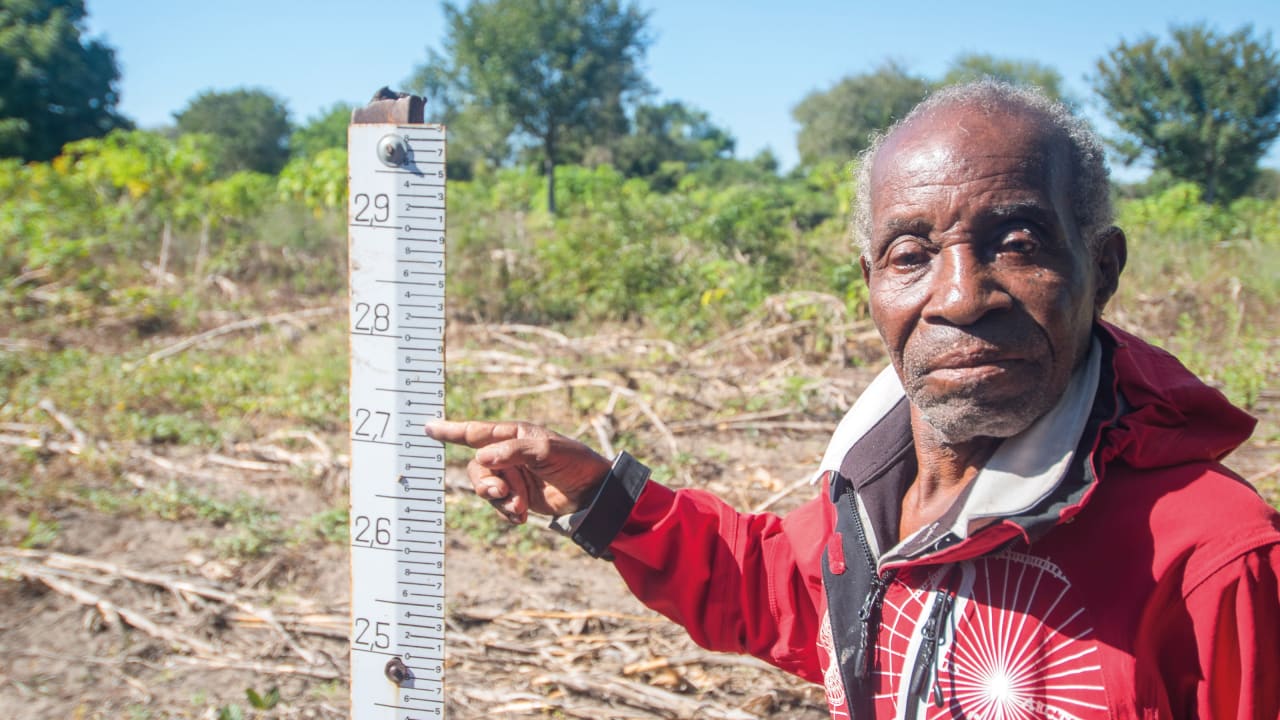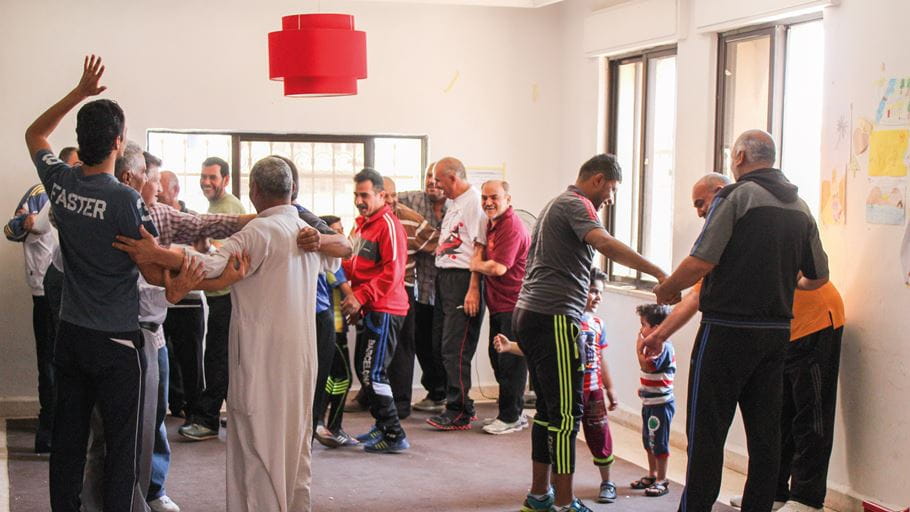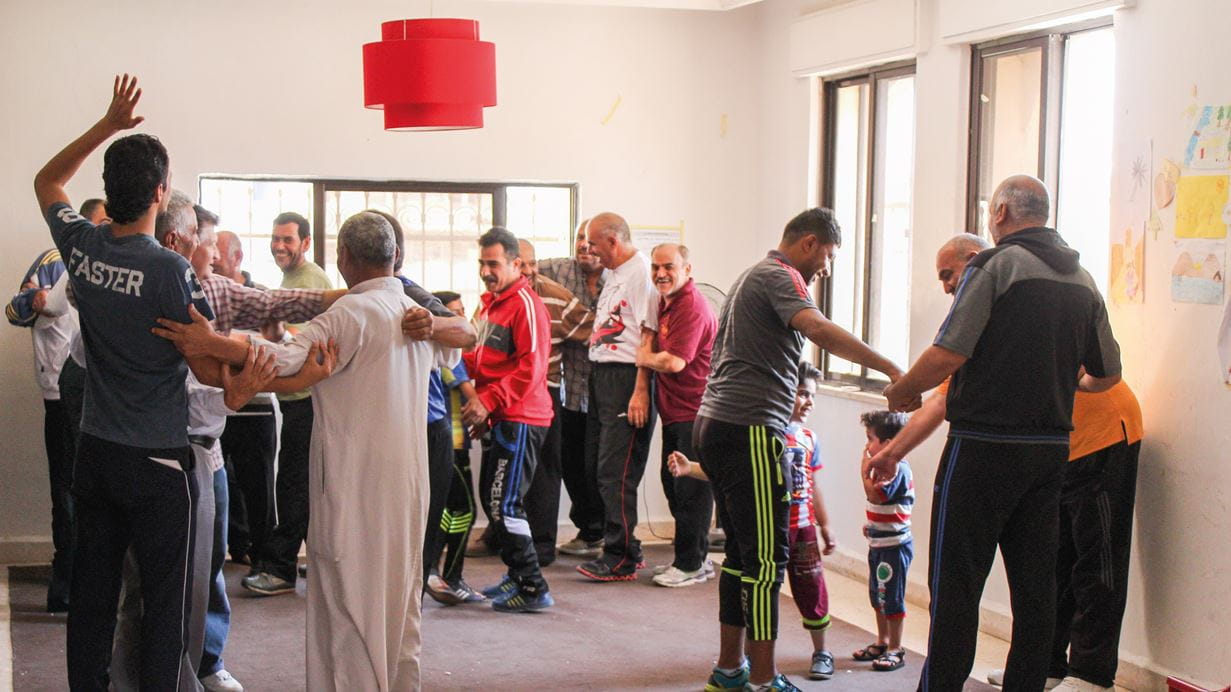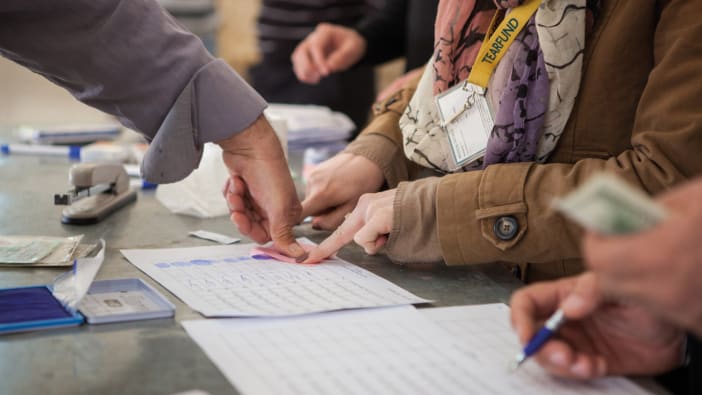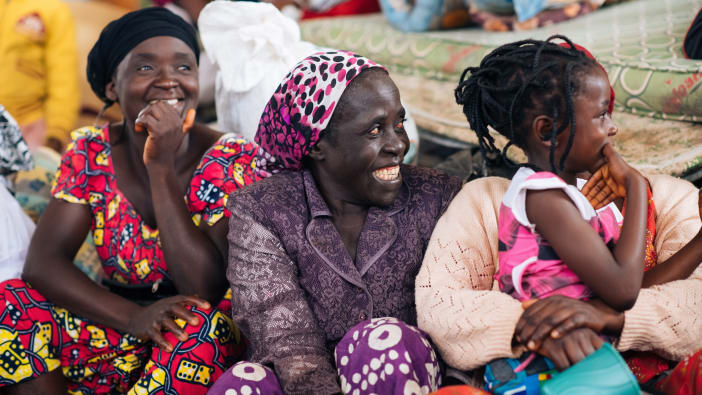‘When I see clouds forming or hear the sound of heavy trucks, I feel sick because it reminds me of what I saw and heard during Cyclone Idai,’ says a member of Chipinge community in Zimbabwe.
When Cyclone Idai hit Chipinge in March 2019, the size of the disaster was overwhelming. Many hundreds of people lost family members, friends and neighbours, as well as their homes and possessions. The community was left shattered and traumatised by what they had experienced. People suffered from nightmares, had trouble sleeping and could not walk in the dark because it reminded them of the night the cyclone hit their community. Any rain would cause the trauma to re-emerge.
Local support
While carrying out a needs assessment in Chipinge it became clear to a team from the Evangelical Fellowship of Zimbabwe that there was a desperate need for psychological support. As a result, 60 local church and community facilitators were trained by Africa University in Mental Health First Aid.
The objective was to build a team of local people able to provide mental health support to their community, both immediately and in the longer term. The group was trained in topics such as trauma, survivor empowerment and healing of memory.
The facilitators are now supporting community members both one-to-one and in small groups. They refer people to organisations such as Childline and the Department of Social Welfare if more specialised support is needed from social workers and counsellors.
One of the facilitators, Mr Sithole, says that the journey they are travelling with individuals has helped them understand that addressing trauma is a process, not an event: ‘There is a need to build relationships with people so they can share with you what they are experiencing, and how it has affected their lives.’
The training has helped the facilitators to overcome some of their own trauma as well. Mr Nduna, a church leader, says, ‘Before the training I did not know that I was traumatised and hurting, but during the training I managed to get help and now I am able to help my family and others.’


